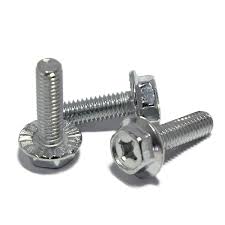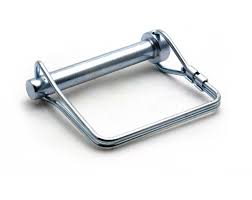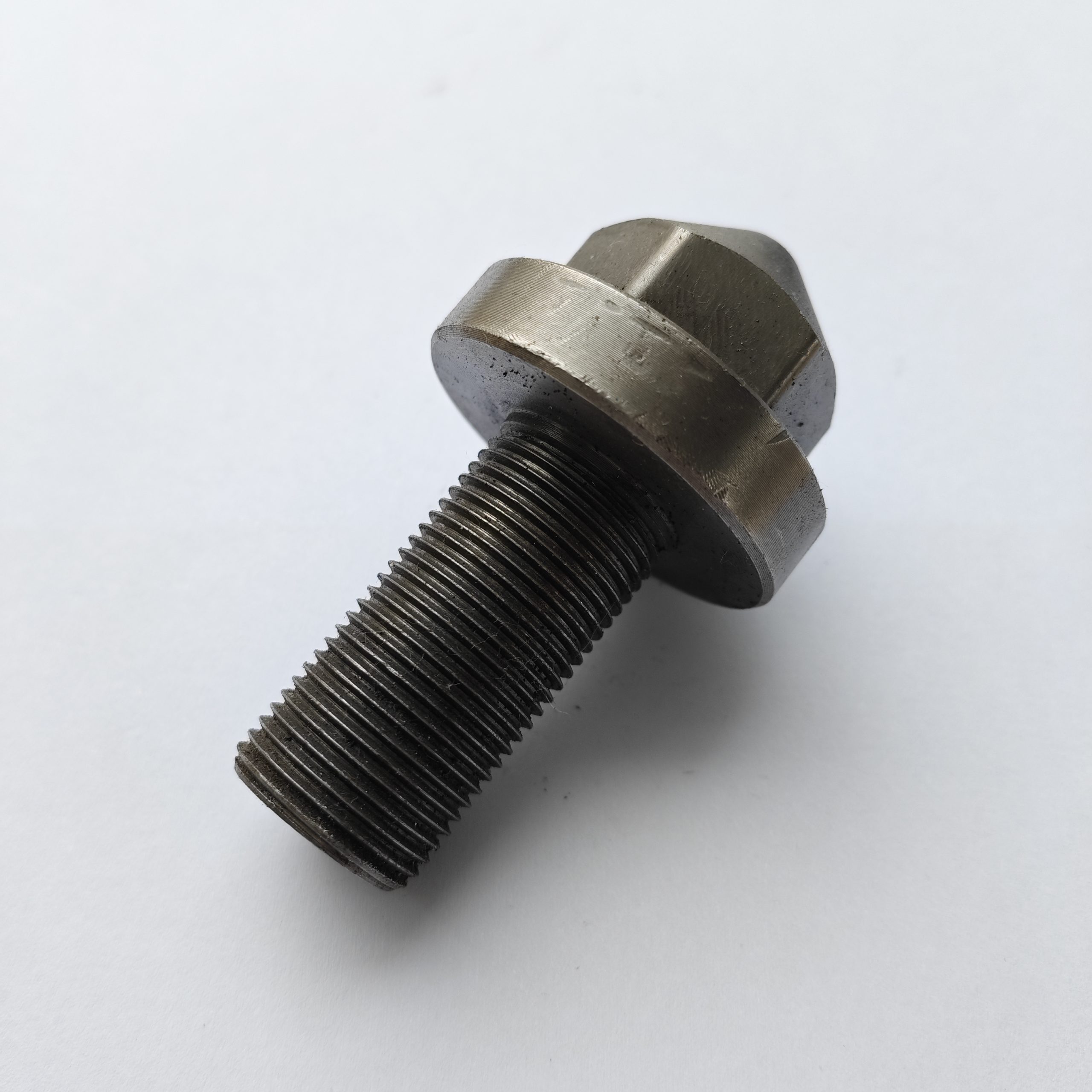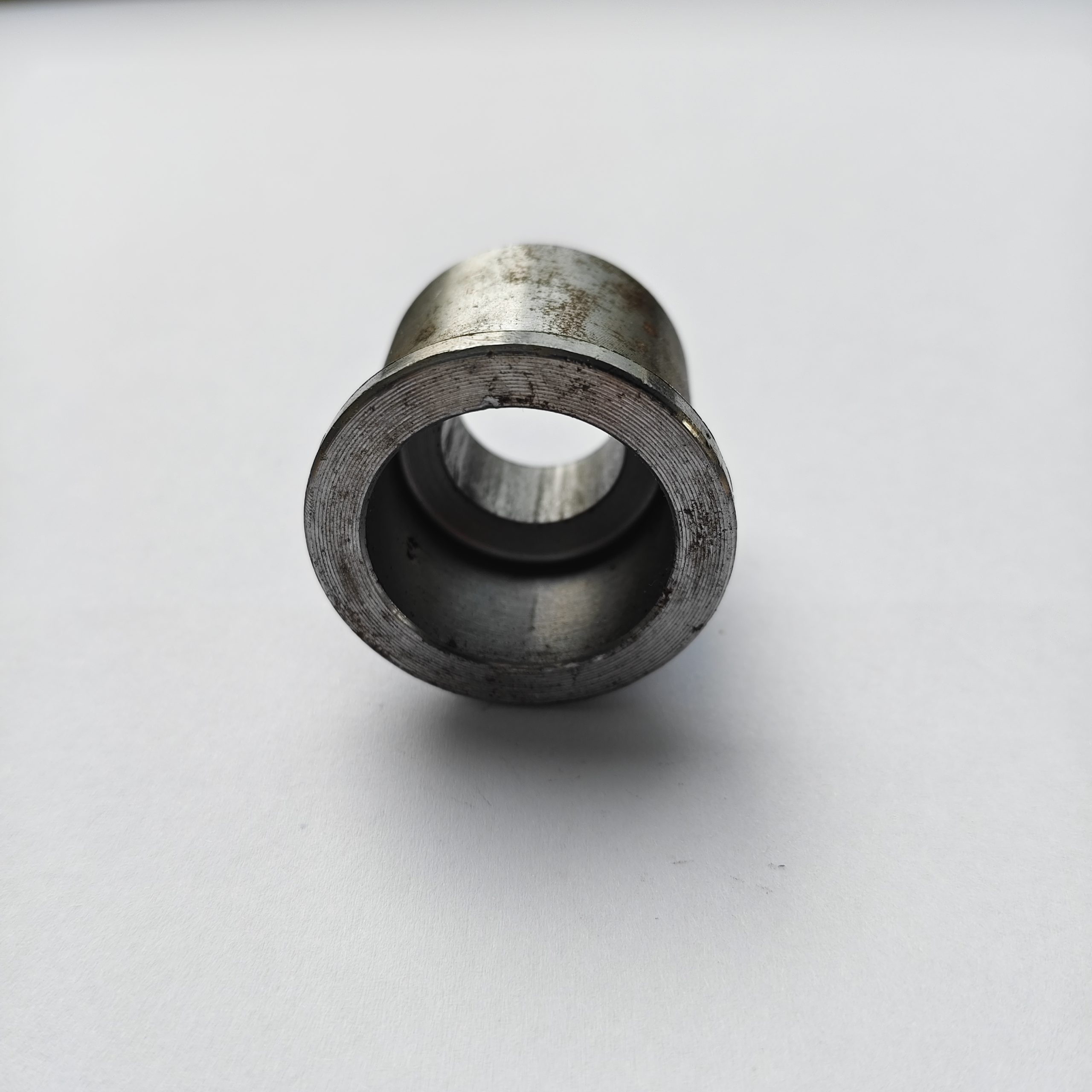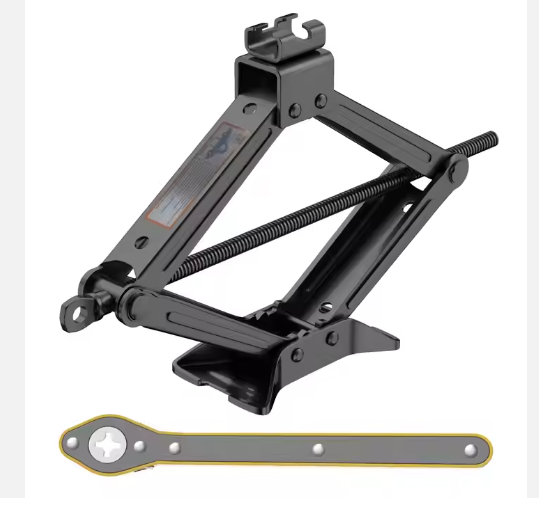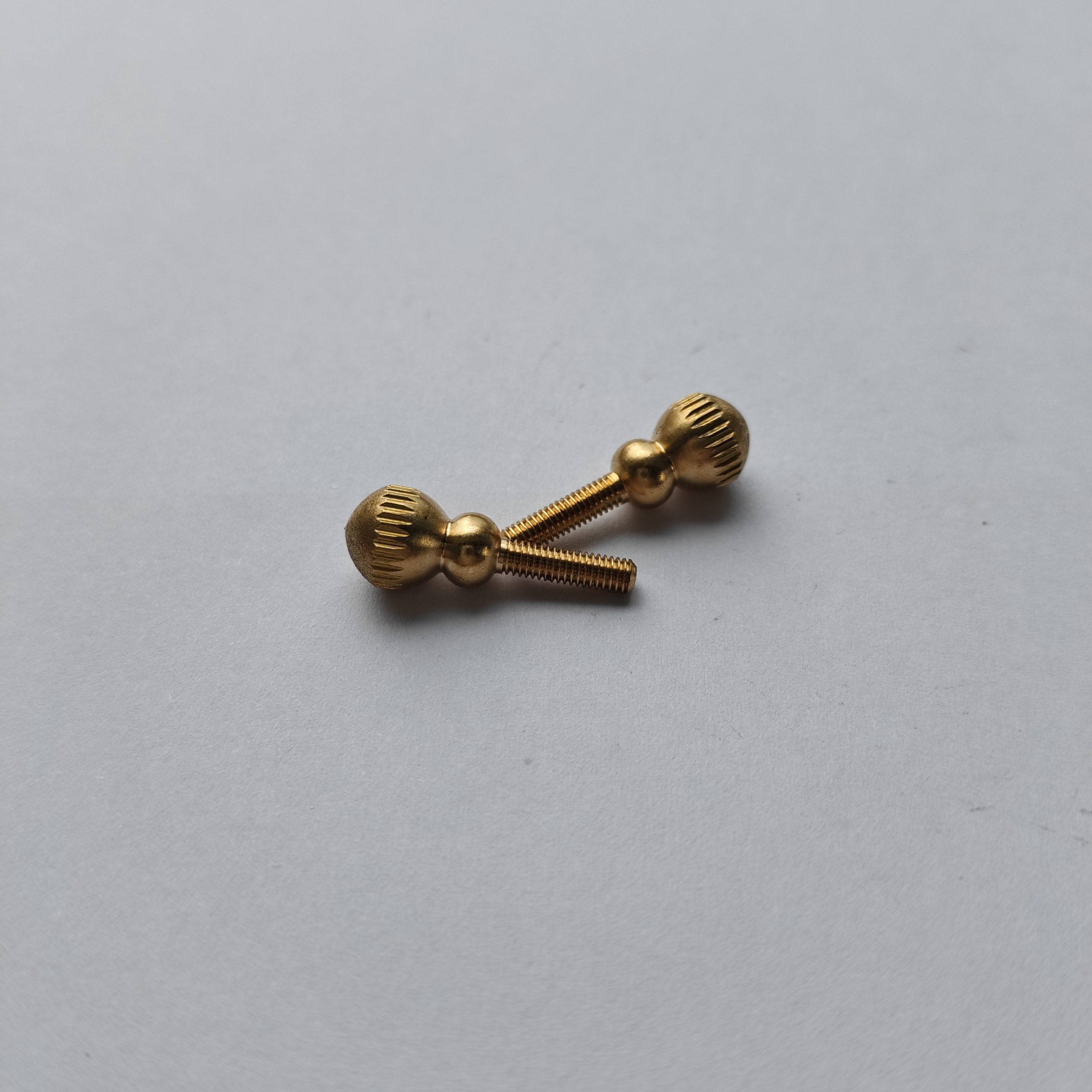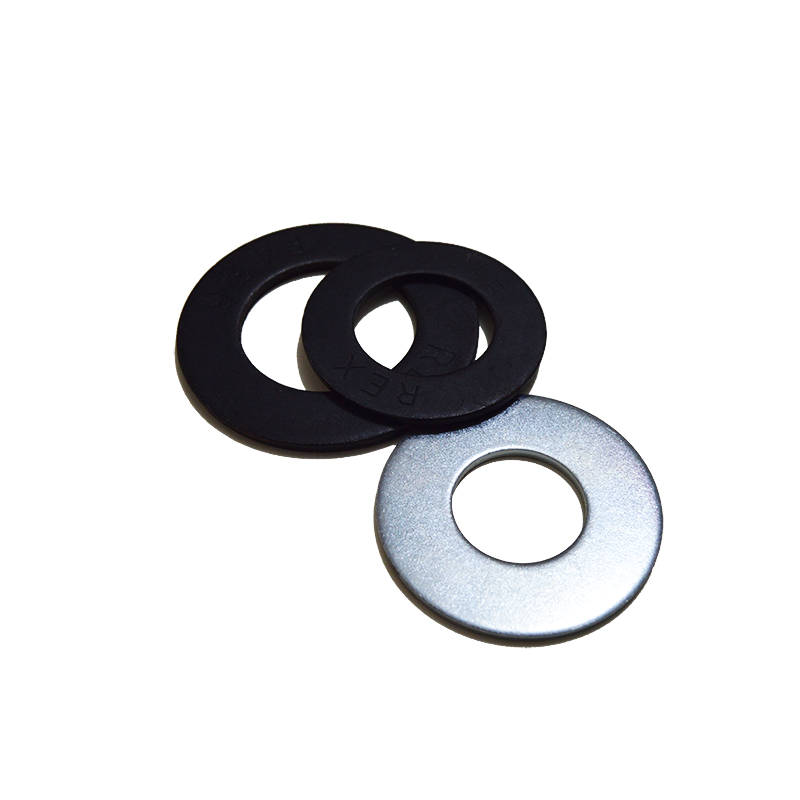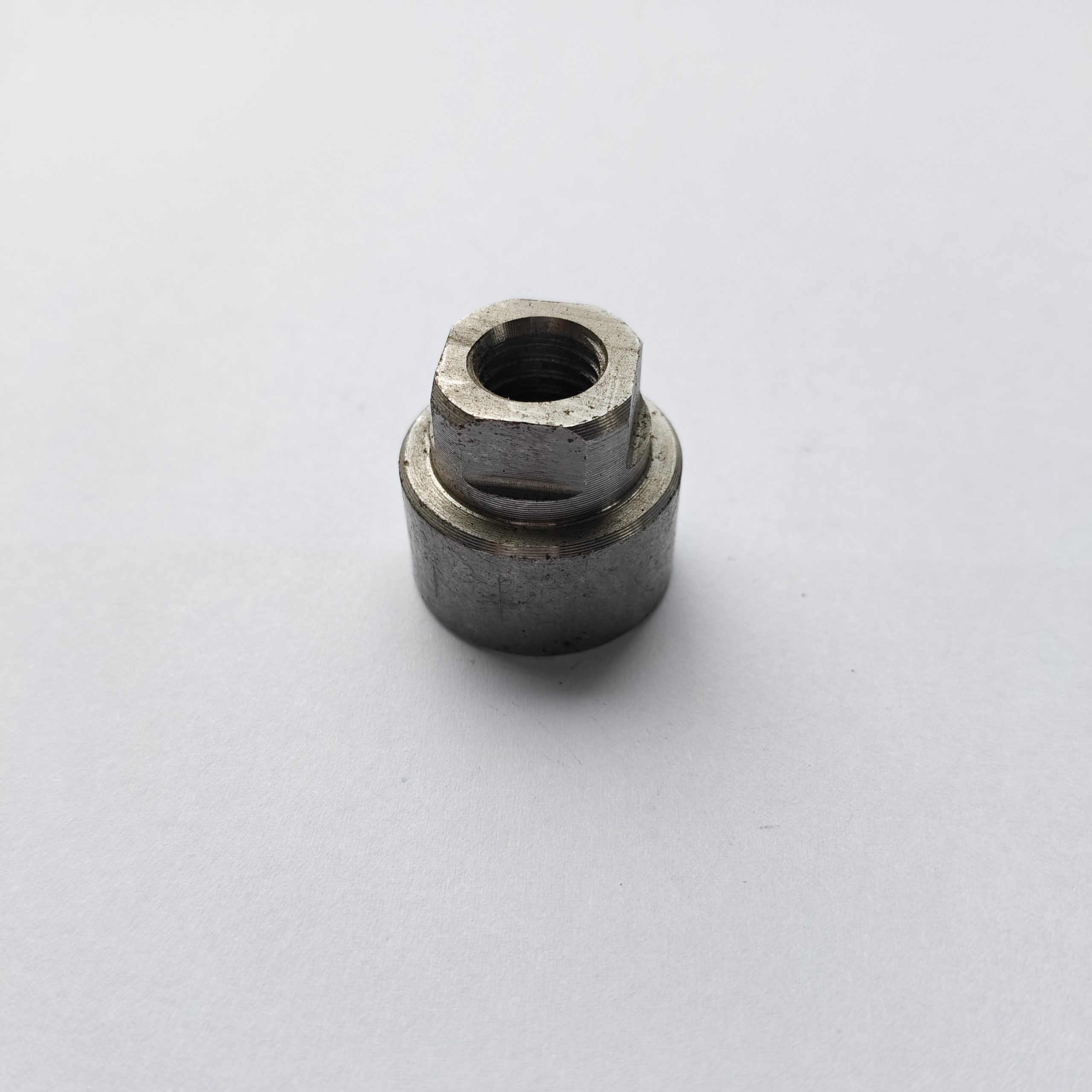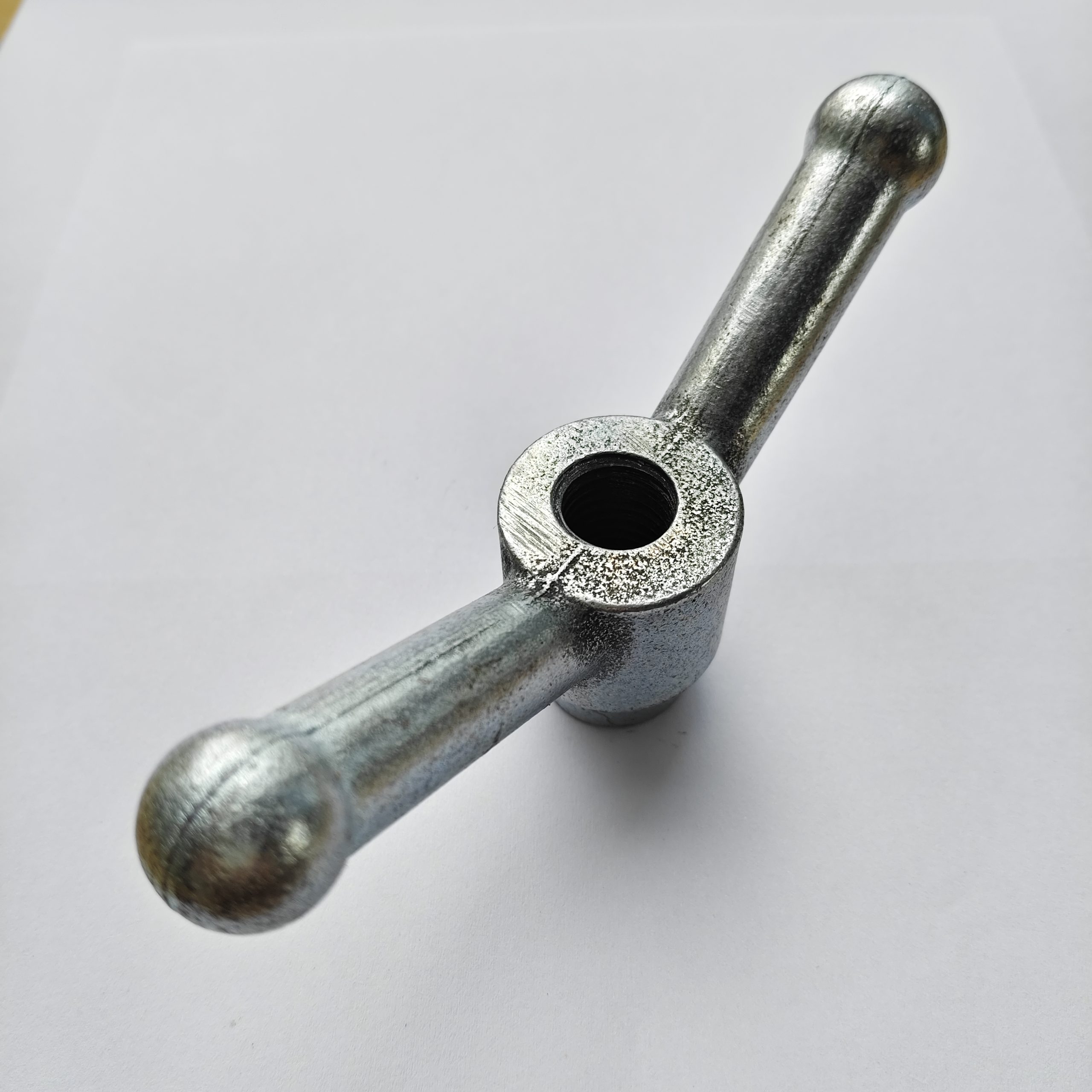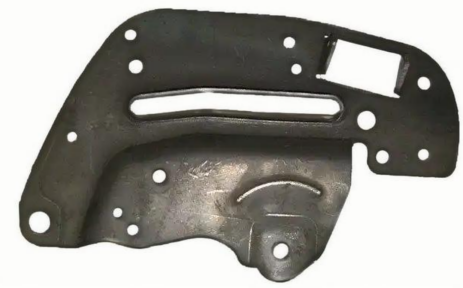

This comprehensive guide explores the world of hexagon nuts, covering their types, applications, materials, and selection criteria. Learn how to choose the perfect hexagon nut for your specific needs, ensuring a secure and reliable fastening solution. We'll delve into the nuances of different standards and provide practical advice for various projects.
Standard hexagon nuts are the most common type, readily available in various sizes and materials. They are used in general fastening applications across diverse industries. Their design is simple and efficient, providing a reliable clamping force when tightened with a wrench.
Heavy hexagon nuts, also known as heavy-duty hexagon nuts, are designed for applications requiring increased strength and durability. They typically feature thicker walls than standard nuts, making them suitable for high-stress environments and heavy loads. They're often found in construction, machinery, and industrial settings.
Flanged hexagon nuts incorporate a wide flange under the head. This flange provides a larger bearing surface, distributing the load more effectively and preventing damage to the underlying material. They're particularly useful when working with softer materials or when vibration is a concern. The flange can also act as a washer, simplifying the assembly process.
Nylon insert hexagon nuts feature a nylon insert that locks the nut in place, preventing loosening due to vibration or shock. This self-locking feature eliminates the need for additional locking mechanisms, making them ideal for applications where maintaining consistent clamping pressure is crucial. They're frequently used in automotive and aerospace industries.
Hexagon nuts are available in both metric and inch sizes. It's critical to select the correct system to ensure compatibility with the corresponding bolt. Mixing systems can lead to improper fastening and potential failure. Always double-check your measurements before purchasing.
The material of a hexagon nut significantly impacts its strength, durability, and resistance to corrosion. Common materials include:
Choosing the right hexagon nut depends on several factors:
For high-quality hexagon nuts and other fasteners, consider sourcing from reputable suppliers like Hebei Dewell Metal Products Co., LTD. They offer a wide selection of fasteners, ensuring you find the perfect fit for your project. Their commitment to quality ensures reliable performance in various applications.

